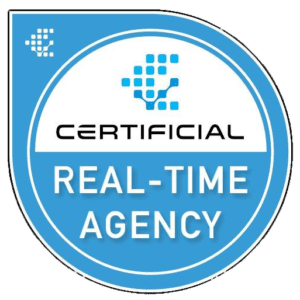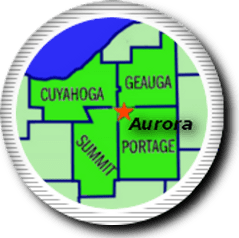Simply put, a Will is a legal document that sets forth your wishes regarding your property, care of minor children, and monetary wishes. To die without a will (die intestate) means your wishes may not be carried out as you’d wanted. To die without a will means your assets could end up in Probate Court taking much longer to settle an estate and your minor children may end up somewhere other than where you’d want them to be.
What should you include in a will?
- Assets: Cash, including checking and savings accounts, stocks and bonds, royalties, heirlooms, vehicles (stuff). Be specific if leaving an item to someone so that the court can identify that item(s) clearly.
- Real Property: can include houses (primary, rentals, seasonal), buildings (other than stuff or cars)
- Guardianship for your minor children; without this your children may end up with someone you would not have chosen yourself.
What should I NOT include in a will?
- Life Insurance (or anything you can name a beneficiary too). A beneficiary designation cannot be overridden by a will; the beneficiary designation will always take precedence.
- Conditions that include marriage or divorce*
*Some conditions in a Will may not be enforced by a court; be certain any conditions entered in a will are enforceable.
Before you begin making a will, choose an Executor. An Executor is the most important person you’ll name in your will. They will be responsible for a plethora of issues related to your estate, paying down your debt and final bills. Choose this person wisely and remember to set aside some money to pay the Executor for their expenses and time.
Once your will is completed, signatures will be required. Be certain you understand what signatures are required to make a Will legal; witnesses are always required during the signing. It is also recommended you file your will with the County you reside, make additional copies to provide to family members and/or place a copy in a safe deposit box. Worst case is for someone to pass and the family can not locate the will.
There are many other optional documents you should consider. A couple examples are below:
A Living Will helps you control your medical care, outlines preservation of your life and provides instruction for end-of-life care even if you can’t voice your preferences.
A Healthcare Power of Attorney is when you give someone you trust the ability to make healthcare decisions on your behalf should you become incapacitated and unable too. By adding a Durable Power of Attorney, you are including the financial provision.
It is highly recommended you consult with an attorney to have a proper will (aka Last Will and Testament) prepared, legally signed and possibly filed with the County in which you reside. Although basic wills can be done on-line or through generic will preparation packets, it may not be the best alternative; investigate your options. Your legal counsel can work with you to determine your needs and what documents will serve your needs.


